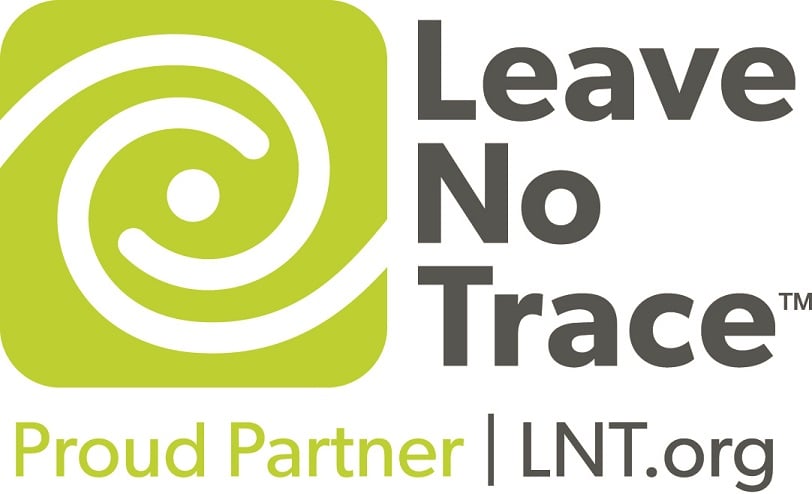Leaving No Trace in Our Parks

When we think of our public parks, one of the first things most of us think of is the beautiful scenery and the plentiful wildlife. For many of us, our goal is to keep our parks this way. The preservation of our parks is an entire community effort and it is a continuous endeavor. In spring of 2021, the Department of Parks, Recreation & Tourism joined as community partners with the organization Leave No Trace, a nonprofit organization with the mission of ensuring a sustainable future for the outdoors and the planet. Leave No Trace teaches seven principles that educate people on how to essentially leave no trace at parks and preserve them. The seven principles are:
1. Plan ahead and prepare. Being prepared before exploring a park, especially if it is your first time there, ensures the safety of groups and individuals. It also minimizes resource damage.
2. Travel on durable surfaces. Travel damage occurs when surface vegetation or communities of organisms are trampled beyond recovery. To avoid this, park visitors must use established trails as much as possible and try to avoid going off-trail.
3. Dispose of waste properly. If you are at a park with limited or no disposable bins, digging a cat hole is the next best option. A cat hole is dug 6-8 inches deep and 4-6 inches in diameter. The hole should be covered and disguised with natural materials when finished.
4. Leave what you find. While it’s fun to pick up cool rocks or flowers or other plants, we must leave everything as we find it. We also should not damage live trees or plants. So, this means no engraving on trees or picking too many flowers.
5. Minimize campfire impacts. Although camping and campfires are not allowed at any Prince William County Parks, it is important to know this tip when camping at locations that allow it: Using a stove instead of building your own fire with wood is highly encouraged and leaves minimal impact. They are fast, flexible, and eliminate firewood availability as a concern in campsite selection.
6. Respect wildlife. Keeping your distance is super important. Do not disturb animals or plants just for a “better look”. Quick movements and loud noises are stressful to animals. Securely storing food and trash is also important for the health of wildlife as human food can be harmful or change their eating habits.
7. Be considerate of others. One of the most important components of outdoor ethics is to maintain courtesy toward other visitors. It helps everyone enjoy their outdoor experience. Many people come to the outdoors to listen to nature. Excessive noise, uncontrolled pets and damaged surroundings take away from the natural appeal of the outdoors.
Following these seven principles helps us maintain the beauty and preservation of our parks. Without the education and efforts from organizations like Leave No Trace, parks around the country and globe might look different today. We are proud community partners of Leave No Trace and we encourage our visitors to always follow these principles when visiting our beloved parks!
Written by Sydney LaFleur, Intern